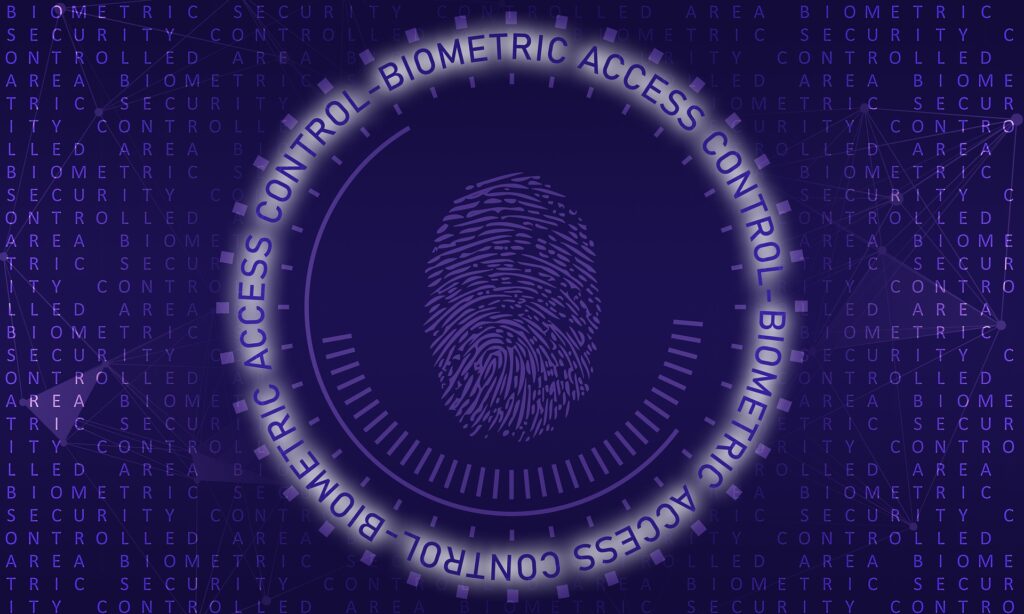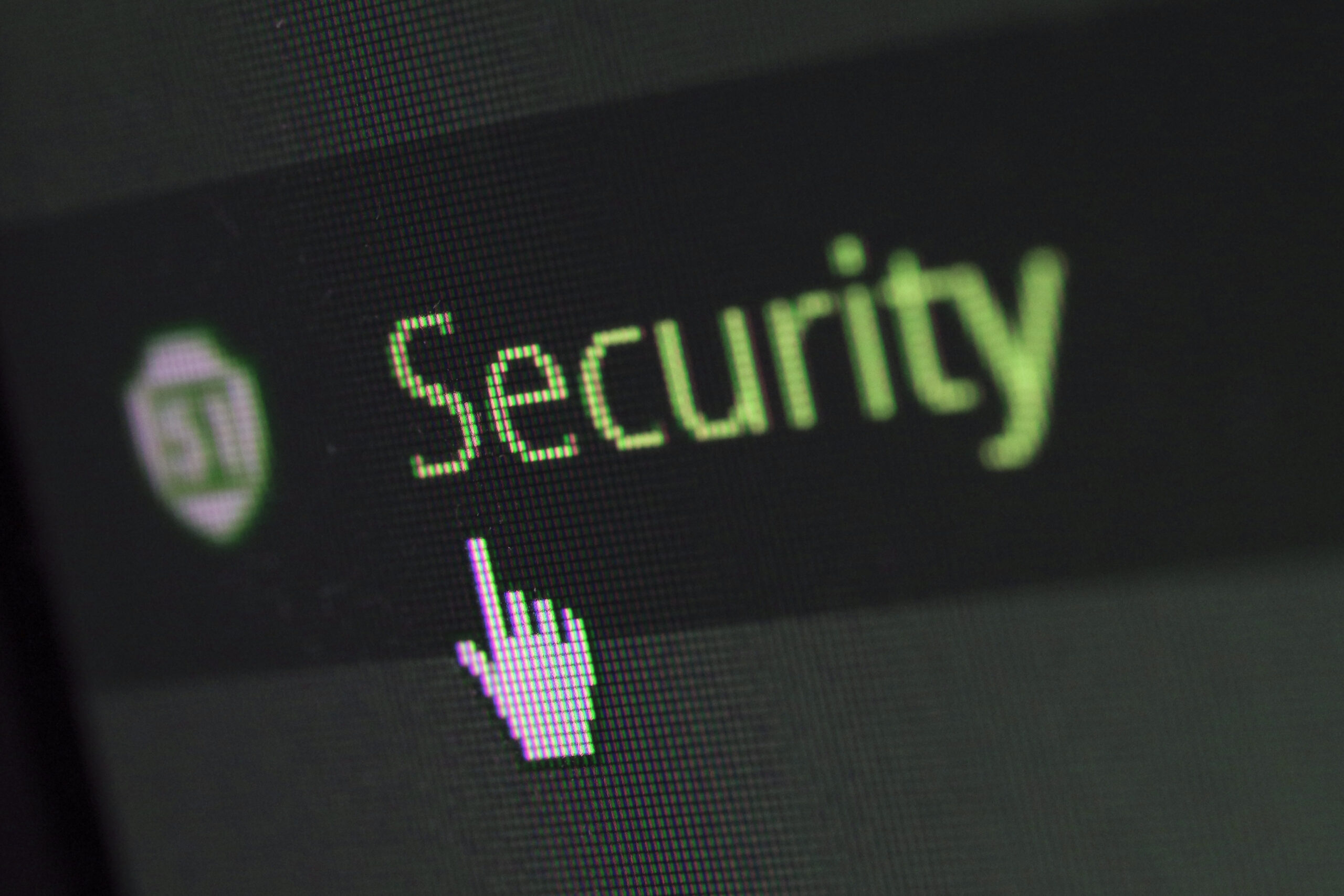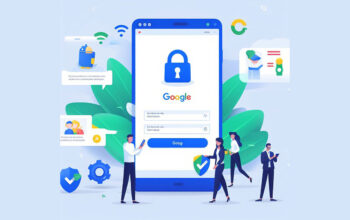Cybersecurity Everything You Need to Know About
Introduction
Cybersecurity can affect you whether you’re a business owner or an internet user.
The internet is an excellent tool for communicating with others and learning about the world, but it’s also easy for criminals to steal your personal information.
Following are some cybercrime-related facts you should be aware of if you wish to keep your data secure in the modern era:
Good cybersecurity habits
It’s also essential to have good cybersecurity habits.
Use strong passwords. Strong passwords are long and complicated, making it harder for hackers to guess or brute-force their way into your accounts.
Use two-factor authentication (2FA). Even if they obtain the token code created by an authenticator app like Google Authenticator or Authy, 2FA adds an additional layer of security that makes it difficult for someone who doesn’t know your password to access your account.
If you’re using a service like iCloud Keychain with iCloud backup enabled, two-factor authentication will be enabled automatically—you won’t need to do anything else.
Don’t open unknown email attachments. One of the earliest techniques in the book is this one: sending a malicious attachment from someone you don’t know to infect your computer with malware or spyware.
These days, hackers will often send out emails pretending as though they’ve been sent from someone you do trust to make this tactic more convincing; remember that if it sounds too good/too bad/too odd/too good to be true (etc.), then there is probably something fishy going on here.
Identity theft and cybercrime
When someone commits fraud using your personal information, it is called identity theft. It’s a serious crime that can impact your credit score, relationships, and finances.
Cybercrime is when a person uses the internet to commit a crime. This might include phishing, ransomware, or hacking into a computer system for monetary gain (or simply for fun).
Examples of cyber-crimes include:
- Phishing – sending emails pretending to be from reputable companies to get people to reveal their details.
- Ransomware – malicious software that encrypts files on your computer until you pay money for them back (usually in bitcoin).
- Hacking – breaking into computers or networks without authorization, often with the intent of stealing data or causing damage.

Passwords
Make sure you use a strong password.
Avoid using the same password across various accounts. By obtaining one of your passwords, a hacker can try on other sites and services that share the same login credentials.
Don’t write your password down, especially not on a piece of paper where anyone could find it!
Use a password manager to generate long, unique passwords for each site you visit and store them securely, so others can’t access them even if they want to (which is unlikely).
Password managers also allow you to change your passwords easily if they get breached by hackers or leak online. Some examples are Dashlane, 1Password, and LastPass – but there are many more out there!
Wireless internet (Wi-Fi)
Wireless internet (Wi-Fi) is everywhere in our society, but it can sometimes be more secure than you think. Wi-Fi can be used to steal your data, even if you don’t do anything on your computer while using public Wi-Fi.
To be safe while using public Wi-Fi:
Use a VPN (Virtual Private Network). A VPN encrypts all the data transmitted to and from your device so that no one can see what information is being sent or received.
This will allow you to confidently use public Wi-Fi without worrying about hackers stealing information or tracking where you go online.
Use a secure password for all of your devices and accounts. You should have different passwords for each account, including email accounts and social media profiles.
If someone gets access to one of these passwords, they may be able to get into other accounts if they use similar usernames across multiple sites (e-mail addresses are often used as usernames on many websites).
Using a random string of numbers and letters makes it harder for someone else trying to guess what the original password might have been, which means there’s less risk for them gaining access to any linked resources such as bank accounts or social media pages with sensitive information posted publicly on them like birthdays/anniversaries etc.
Email scams
Scammers are always developing new techniques to con people to give them money. Email scams are one method they use to accomplish this.
In an email scam, you might get an email from someone claiming to be a friend or family member who’s in trouble and needs your help. They might even include pictures and other details that seem real enough to make you believe it’s real.
In reality, these emails are created by scammers trying to trick you into sending them money or sharing sensitive information.
These scams can be used for many different reasons: stealing money from people; gaining access to bank accounts, stealing credit card numbers; getting passwords for online accounts like social media sites; stealing personal information like addresses and phone numbers; etc…
Once scammers have acquired this information from their victims, they can use it in various ways—like identity theft, where the victim unknowingly pays bills on behalf of the criminal using their stolen credit cards or bank accounts (this could happen if there were no actual damage done but resulted in charges being incurred on accounts because someone else used them without permission).
Scammers also sell this data, so others can use it (this type of trading happens more often than most people realize).
Cloud technology
Cloud technology is another way to store data online. Cloud computing allows users to access files and other information from any device with an internet connection.
This convenience comes at a cost: cloud computing remains vulnerable to hackers, who can steal sensitive information such as credit card numbers or Social Security numbers.
Cloud security requires constant vigilance and regular updates, making it difficult for some small businesses or nonprofits (which may need more funds or personnel to maintain adequate protection against cybercrime.
The importance of cybersecurity cannot be overstated; breaches happen every day, exposing millions of Americans’ personal information in ways that can cause significant financial harm—and sometimes even physical injury or death.
If you need to figure out where your company stands regarding safeguarding customer data privacy in an age when so many companies are hacked daily, talk with us today about how we can help.
Digital signatures and encryption
Similar to physical signatures, digital signatures are used to confirm a document’s legitimacy. They can be used along with encryption to protect the confidentiality of information. Digital signatures and encryption both play an important role in online security.
Encryption is a method that uses mathematical algorithms to convert data into a form where no one can read it without special knowledge or permission.
Encryption converts data into secret code; decryption is the reverse process, where readable information is recovered from encoded messages or files (i.e., encrypted).
Encryption methods include substitution ciphers, transposition ciphers, linear cryptanalysis (the study of plaintext-ciphertext pairs), frequency analysis (the study of ciphertext-plaintext pairs), differential cryptanalysis (analyzing statistical differences between two different ciphers) and meeting in the middle attack (which involves finding keys for two separate but related ciphers).
Protect your personal information.
If you’re not careful, a cybercriminal could access your sensitive information by simply asking for it.
This includes names, addresses, birthdates, credit card details, and passwords. If someone asks you for any of these things in an email or on the phone:
- Don’t reply
- Don’t click on links in emails (even if they look like they come from legitimate companies)
- Keep your password safe
Conclusion
Cybersecurity is an important topic that affects everyone. The average person can do a lot to protect themselves from cyber-attacks, but there are limits to what individual users can do.
For us all to be safe online, governments need to take action by passing laws and enforcing them. It’s also up to companies who provide internet services (like Google or Facebook) to ensure their systems are secure. Cybercriminals may not empathize with their victims when they steal personal information like passwords or credit card numbers, but we should feel empathy towards them because they’re people too.
Image by Werner Moser from Pixabay




5 thoughts on “Cybersecurity Everything You Need to Know About”